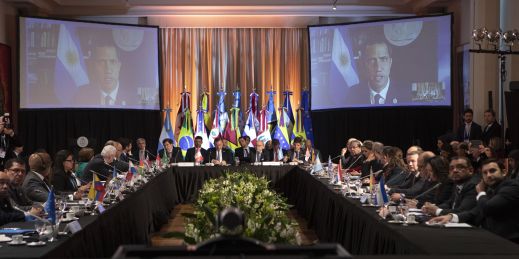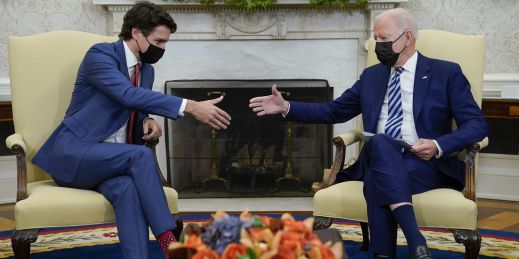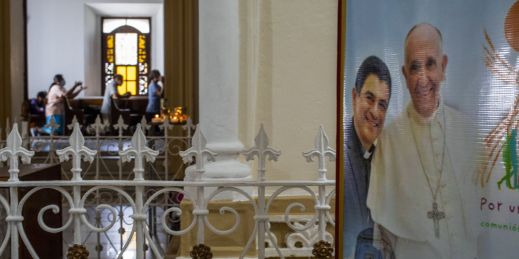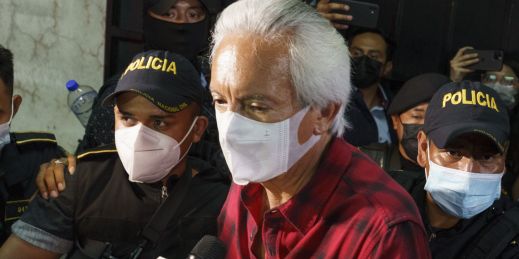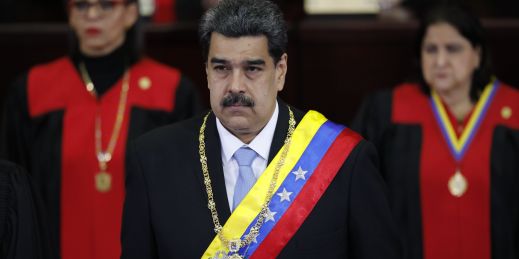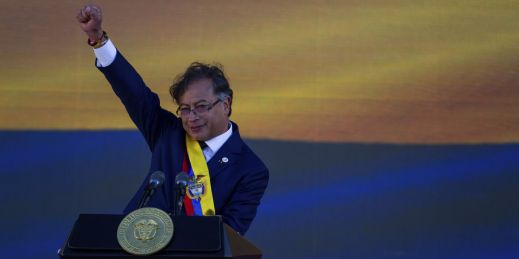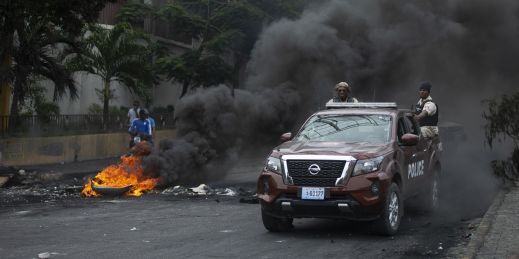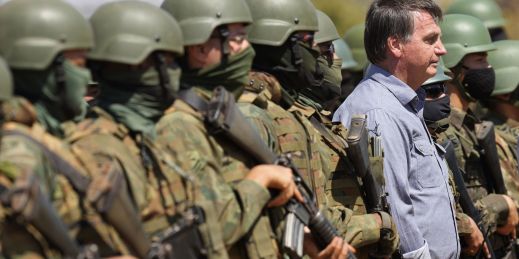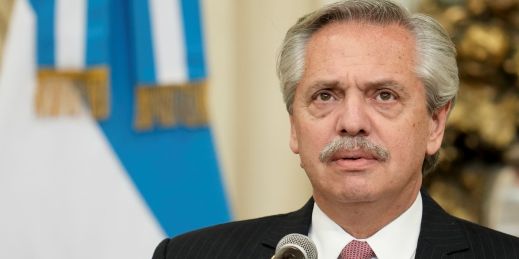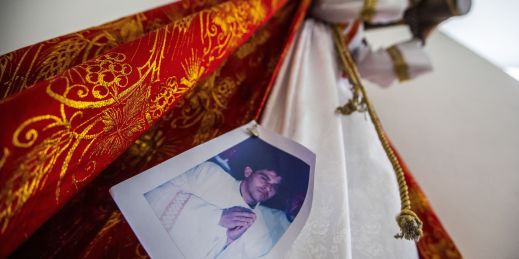
The Nicaraguan regime has a new target. Not content with jailing leading opposition figures, the regime has now taken aim at the Catholic Church. The message, it seems, is that there is room for only one church in this majority-Catholic country: the one that worships President Daniel Ortega and Vice President Rosario Murillo.

